



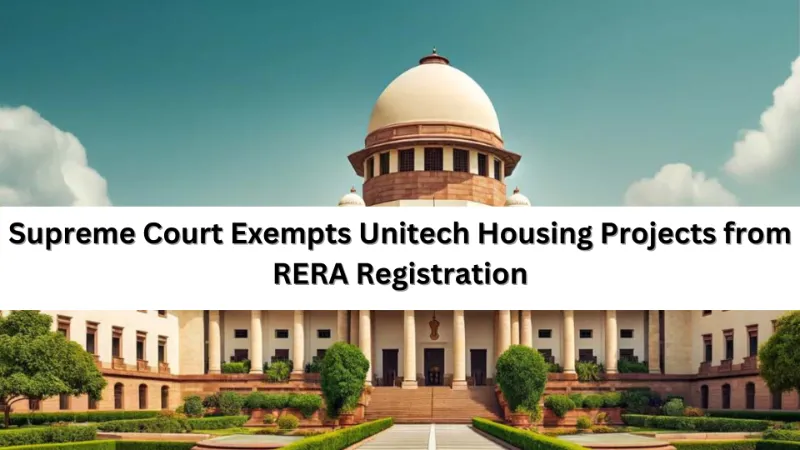
Supreme Court Exempts Unitech Housing Projects from RERA Registration: Key Insights
In a landmark ruling, the Supreme Court of India has granted an exemption to Unitech housing projects from the mandatory registration under the Real Estate (Regulation and Development) Act, 2016 (RERA). This decision holds significant implications for the real estate industry and homebuyers alike. Here’s what you need to know.
RERA was enacted to bring transparency, accountability, and uniformity to the real estate sector. It mandates the registration of real estate projects to ensure timely delivery, quality, and protection of buyer interests. Registration under RERA requires developers to disclose project details, progress, and financial status, fostering trust between builders and buyers.
The apex court’s decision to exempt Unitech’s housing projects from RERA registration comes in light of the company's ongoing restructuring under judicial supervision. Unitech, once a prominent name in the real estate sector, faced severe financial distress, leading to delays in project completions and customer grievances. To address these issues, the Supreme Court has been overseeing its operations and recovery plans.
The court’s rationale for the exemption includes:
Judicial Oversight: Since Unitech’s operations are under the Supreme Court’s supervision, there is already a mechanism to ensure accountability and transparency.
Avoiding Redundancy: Additional compliance under RERA could duplicate efforts and potentially hinder ongoing recovery and project completion.
Prioritizing Homebuyers: The exemption aims to fast-track the delivery of pending projects, ensuring that homebuyers receive their homes without further delays.
While this exemption may raise concerns about transparency, the Supreme Court’s direct involvement offers a layer of assurance. Buyers can expect:
Expedited Project Delivery: Without the procedural delays of RERA registration, Unitech can focus solely on completing projects.
Judicial Oversight Protection: The Supreme Court’s supervision acts as a safeguard against malpractice.
This decision sets a precedent for other financially distressed real estate developers seeking exemptions from RERA. However, it also underscores the importance of a robust judicial framework to protect homebuyers in such scenarios.
The Supreme Court’s exemption of Unitech projects from RERA registration is a unique solution tailored to address an extraordinary situation. While it deviates from standard regulatory norms, it reflects a balanced approach to resolving a crisis, prioritizing the interests of homebuyers and project completion over procedural formalities.
As the real estate sector continues to evolve, this ruling serves as a reminder of the need for flexible yet accountable systems to address complex challenges in the industry. Homebuyers and stakeholders will closely watch how this exemption impacts the timely delivery and quality of Unitech’s projects.

















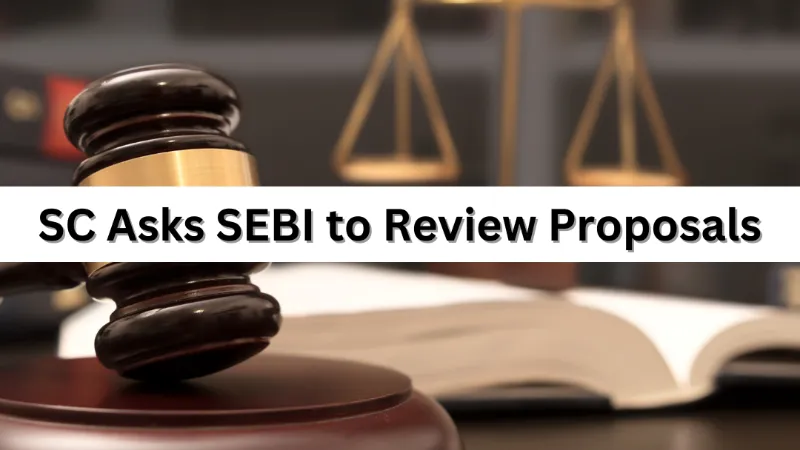












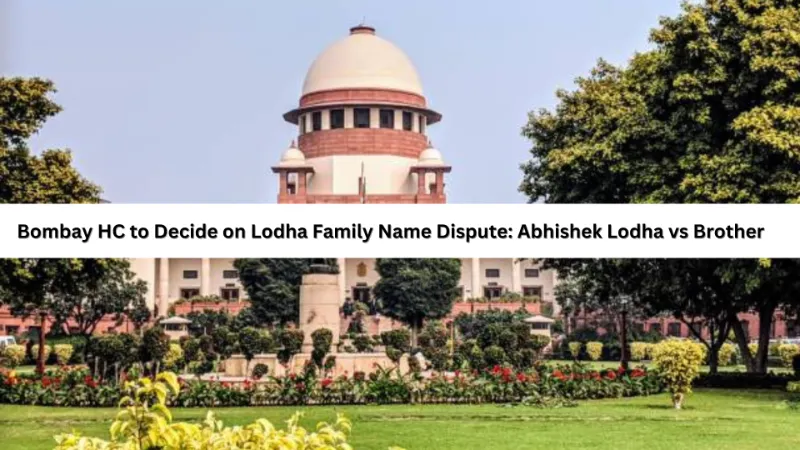

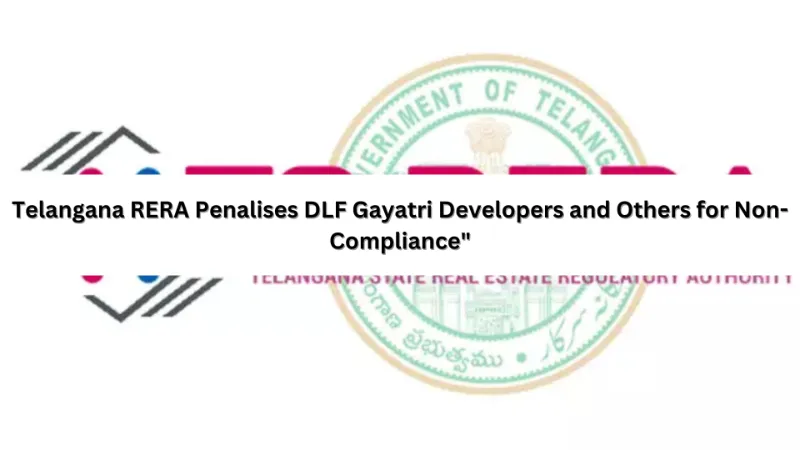







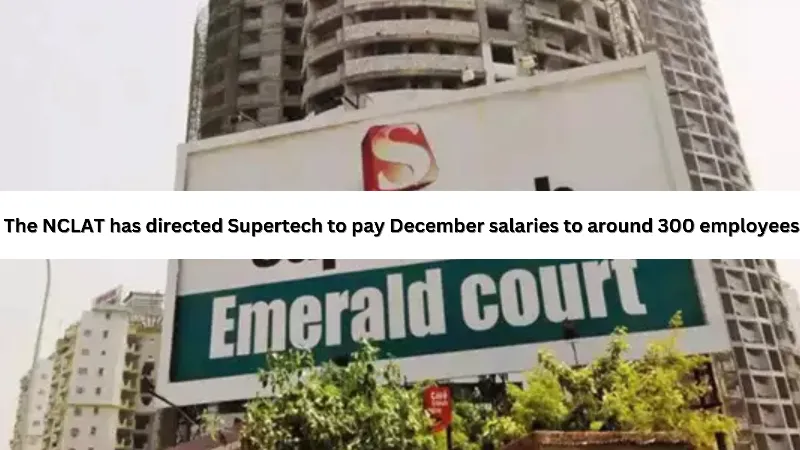








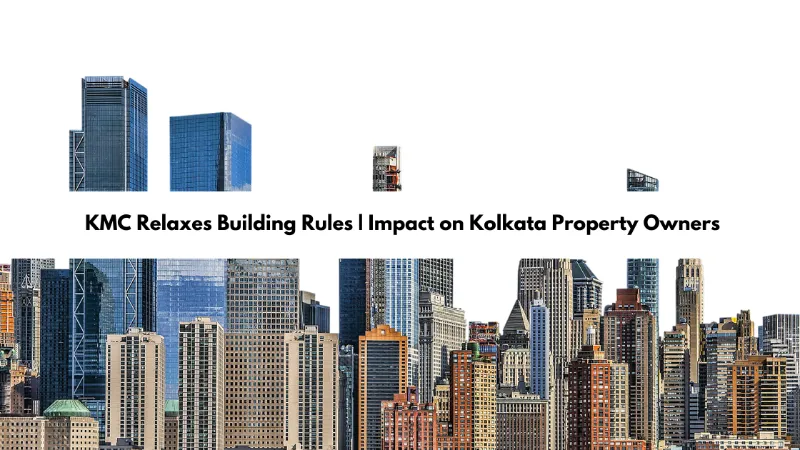








Give your Comments